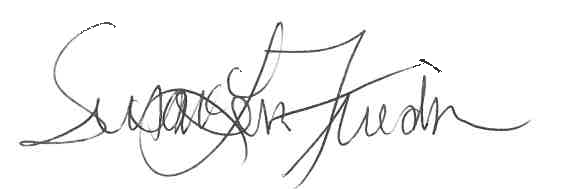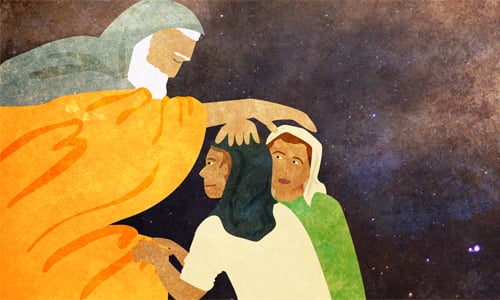This week’s Torah portion, “Vayechi” (and he lived), is near and dear to my heart. It was my Bat Mitzvah portion when I became Bat Mitzvah during my year in Israel twelve years ago at Kehilat Ohel Avraham in Haifa. It was such an amazing day, one that I will never forget. My beloved Aunt Joan was in town, and Ross and I were finally reunited after being long-distance since July. If someone had told me that Joan would be gone just twelve years later, I would never have believed it. I miss her every day. Many of you know that I am closer to Ross’ family than my own, and she made that trip out to Israel just to see me, her niece-in-law. How cool is that?
The synagogue was filled with so many people I loved; my amazing friend, Rabbi Gabby Dagan, officiated, along with my dear classmates who participated and added so much meaning to the service with their speaking and singing. Among them were Cantor Rayna Green, who some of you might remember installed me as your cantor a few years ago. My family in Israel, the Dorfman-Kolodners, whom some of you met at Torah study four years ago, were right there celebrating, along with the many great friends I had made in the congregation. It was a dream come true for me.
I will never forget my hours of preparation to read the entire second aliyah. It was here that we learn about the miracle of Jacob, having been blind for so long, suddenly being able to see his beloved grandsons Menashe and Ephraim, Joseph’s sons who had been brought to Jacob on his deathbed for a blessing. My D’var Torah (which I delivered in broken Hebrew!) focused on how the Hebrew root פִלָּ֑לְ (peh lamed lamed) is translated in the past tense, meaning “expected,” and that this same Hebrew root is also seen in the word which means, “to pray”, לְהִתְפַּלֵל (l’hitpalel).
Initially it was the blessing of Ephraim and Menashe which stood out to me in this parsha. But when I read it now, I think about the pain that Jacob, and later Joseph’s family, endured when they passed away, and the upheaval that occurs in a family upon the death of a major patriarch or matriarch. With Jacob alive, his sons knew they were protected from any wrath which would ensue from Joseph after the evil they did to him. Not unlike many stories of family lineage, children often become better people than their parents, and Joseph is no exception. When the brothers offered themselves as slaves to him in return for the evil way they treated him, Joseph responded as his uncle Esau responded to Jacob: with forgiveness and undying loyalty. He assured them that even though they acted maliciously, God meant for it to happen in order to strengthen the fledgling nation they were forming. Joseph went even further above and beyond by promising to always provide for them.
The loss of Jacob and later Joseph created an unfillable void for their families, just as the loss of our Matriarch, Aunt Joan, has caused us. But like the brothers, who continued to grow their family and build their nation, our family is doing the same. A couple of years before she passed, Joan brought us all together for a family trip, and we have continued this tradition every year since her passing. The most successful matriarchs and patriarchs are those who leave the lasting impact of unbreakable family bonds and love. Like Jacob, Aunt Joan built ties which strengthened us and bonded us together through the most challenging of times, and they will never be broken. It is in this way that she, Jacob, Joseph, and all our beloveds who we lose, will go on forever. Zichonam livracha; may the memory of all the patriarchs and matriarchs in our families always be for a blessing.
Shabbat Shalom,

Cantor Susie Lewis Friedman

